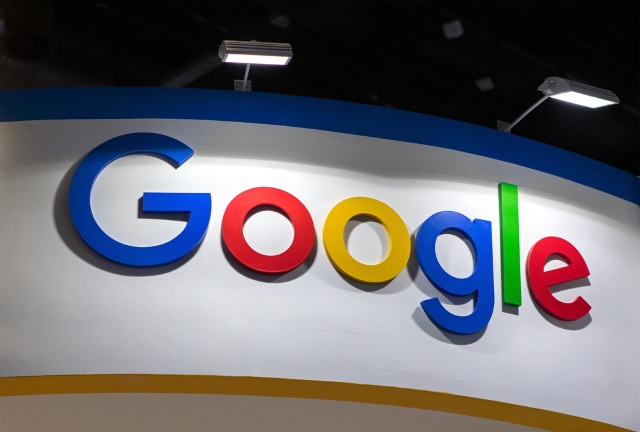The Google News Initiative is yet another attempt to combat fake news

The seemingly throwaway tag of "fake news" has developed into an absolute phenomenon over the last year or so. Previously unheard of, it's now not only part of the technological zeitgeist, but also something that Twitter, Google, Facebook et al are on a mission to fight.
Today, Google announces its latest weapon -- the Google News Initiative. It sees Google trying to increase the output and promotion of quality journalism as it tries to "build a stronger future for news" and fight the spread of inaccurate information.
Over the next three years, Google plans to spend a total of $300 million to improve the quality and accuracy of the news that appears on its various platforms. The company is also introducing a new Subscribe with Google feature which it hopes will make it easier for people to subscribe to high quality news outlets. But Google is also keen to continue working with the news industry to develop new tools and techniques to ensure the facts reach people.
Writing about the Google News Initiative, CBO Philipp Schindler says:
Over the past few years, we've worked with publishers to elevate accurate, quality content and stem the flow of misinformation and disinformation.
On our own platforms, we’re focused on combating misinformation during breaking news situations. Bad actors often target breaking news on Google platforms, increasing the likelihood that people are exposed to inaccurate content. So we've trained our systems to recognize these events and adjust our signals toward more authoritative content. There are comparable challenges on YouTube, and we're taking a similar approach, highlighting relevant content from verified news sources in a "Top News" shelf.
Google is only too aware -- the 2016 presidential election in the US being a case in point -- that certain events and types of news are more liable to spin than others. To this end the company says:
We're also working directly with news organizations to combat misinformation. We're launching the Disinfo Lab alongside the First Draft to combat mis- and disinformation during elections and breaking news moments. Finally, to help consumers distinguish fact from fiction online, we're teaming up with the Poynter Institute, Stanford University, and the Local Media Association to launch MediaWise, a US project designed to improve digital information literacy for young consumers.
Image credit: testing / Shutterstock
